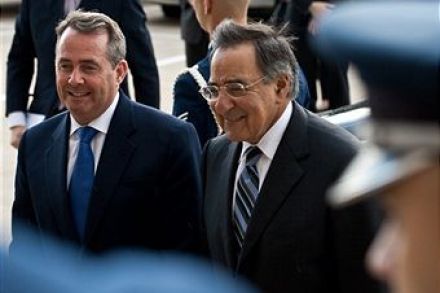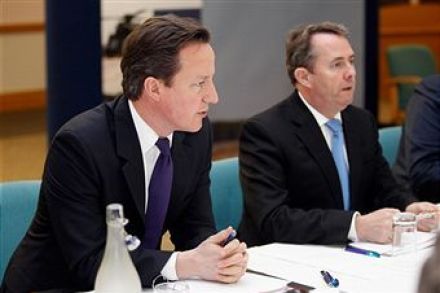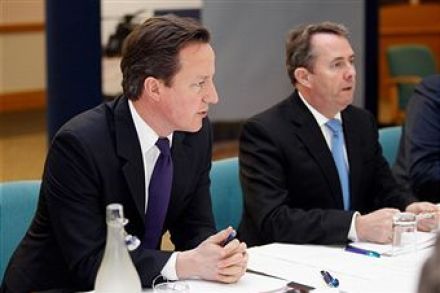Fox on a knife edge
Another deluge of awkward news stories for Liam Fox this morning, with almost every paper providing new details for our consideration. The Observer has video footage and emails which suggest that Adam Werritty was indeed a close participant in the Defence Secretary’s meetings with foreign dignitaries and businessmen. The Sunday Telegraph quotes Fox as saying that “I have absolutely no fear of complete transparency in these matters,” but adds a warning from Whitehall sources that he “could be gone within days”. And, perhaps most concerning of all, a senior MoD type tells the Independent on Sunday that “[Werritty] appears to have been involved in arms contracts all over the place”.
















